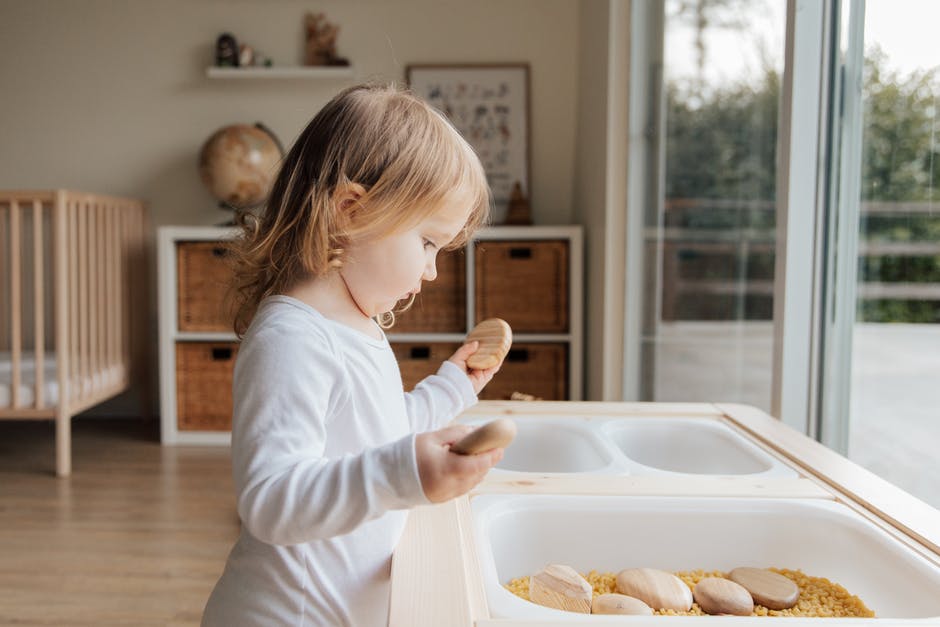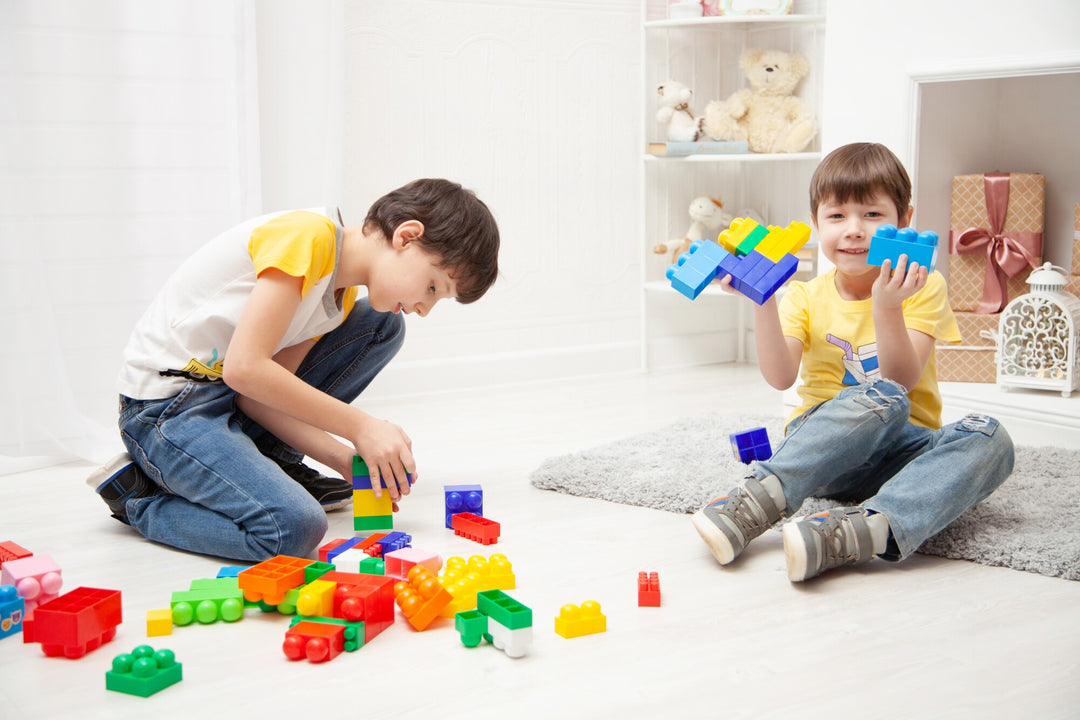Fun and Educational Christmas Gift Ideas: Enhancing Learning Through Sensory Play

As the festive season approaches, parents and educators alike seek gifts that are not only enjoyable but also foster learning and development. Incorporating sensory toys and aids into children's playtime can significantly enhance their cognitive, emotional, and physical growth. This article explores a variety of fun and educational Christmas gift ideas, focusing on sensory products that align with early childhood and primary education methodologies.
The Importance of Sensory Play in Early Childhood Education
Sensory play involves activities that stimulate a child's senses—sight, sound, touch, taste, and smell. Engaging in sensory experiences is crucial for brain development, as it helps children process and respond to sensory information, leading to improved cognitive skills, language development, and social interactions. According to the Early Years Learning Framework, intentional sensory play supports children's learning and development by encouraging exploration and discovery.
Selecting Age-Appropriate Sensory Toys

Choosing the right sensory toys is essential to ensure they are developmentally appropriate and beneficial. For infants and toddlers, toys that stimulate basic senses and encourage exploration are ideal. Preschoolers benefit from toys that promote problem-solving and fine motor skills, while school-age children can engage with more complex toys that challenge their cognitive abilities. Educators play a pivotal role in integrating these tools into learning environments, enhancing sensory experiences that promote cognitive, motor, and social skills.
Read more here.
Top Sensory Gift Ideas for Christmas
Here are some sensory toys and aids that make excellent Christmas gifts, each designed to support various aspects of a child's development:

-
Lycra Stretchy Bands
These bands provide resistance and tactile feedback, helping children develop strength and coordination. They are versatile tools that can be used in group activities to promote social interaction and cooperative play.
-
Fidget Chair Bands
Ideal for children who have difficulty sitting still, these bands attach to chair legs, allowing kids to fidget quietly. They help improve focus and attention during learning activities.
-
Nee-Doh Stress Balls
-
These squishy balls provide tactile stimulation and are excellent for stress relief. They come in various textures and colors, making them appealing to children and encouraging sensory exploration.
-
Liquid Timers
These visual tools captivate children with their colorful, flowing liquid. They can be used to teach concepts of time and patience, as well as to provide a calming visual stimulus.
-
Stretchy Sand
This moldable sand offers a unique tactile experience, promoting fine motor skills and creativity. It's a great tool for sensory bins and can be used in various educational activities.
-
Chewable Necklaces
Designed for children who seek oral sensory input, these necklaces are safe to chew and help with self-regulation. They come in fun shapes and colors, making them both functional and stylish.
-
IQ Circuit
This compact game challenges children to connect circuits, promoting logical thinking and problem-solving skills. It's a fun way to introduce basic STEM concepts through play.

-
Caterpillar Fidget
This tactile tool can be worn on the wrist or ankle, providing sensory input that helps with focus and concentration. It's discreet and can be used in various settings, including classrooms.
-
Marble Mesh Fidget
A simple yet effective fidget toy, it consists of a marble enclosed in a mesh tube. Manipulating the marble helps improve fine motor skills and provides a calming sensory experience.

-
Plui Rain Cloud
This bath toy illustrates the water cycle, making bath time both fun and educational. It encourages curiosity and understanding of natural phenomena.
Incorporating Sensory Toys into Educational Settings
Integrating sensory toys into daily routines can enhance learning experiences in both home and school environments. Educators can use these tools to create engaging activities that cater to diverse sensory needs, promoting exploration, self-regulation, and skill development. For instance, incorporating fidget tools in the classroom can help students maintain focus and improve concentration.
Selecting sensory toys as Christmas gifts offers children the opportunity to engage in play that is both fun and educational. By choosing age-appropriate sensory aids, parents and educators can support children's development across various domains, fostering a love for learning through play. This holiday season, consider gifts that not only bring joy but also contribute to the growth and well-being of the children in your life.













